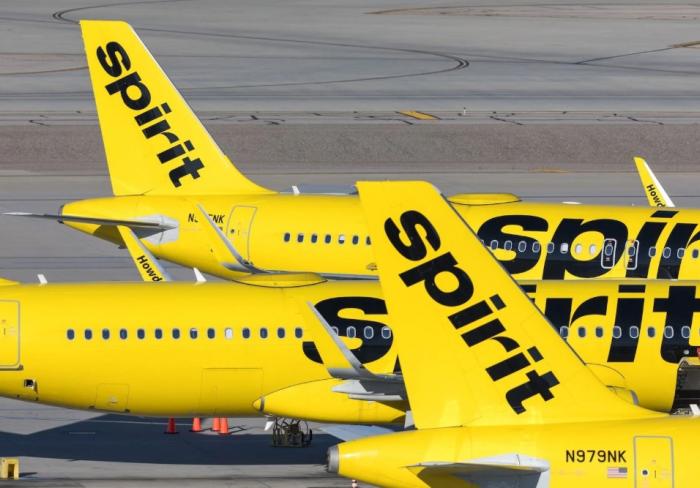For 2005, Miami area hoteliers are ratcheting up revenue forecasts and pricing plans further as they move into the high tourism season beginning today, after 2004 marked the end of post-9/11 room rate discounts that sapped profits, according to the Tribune Business News.
A growing economy, strong European currencies, improving consumer confidence and an extra year of distance from the Sept. 11, 2001, terrorist attacks have generated rosy predictions for hotel performance both in South Florida and across the country, the Miami Herald reports.
The Venezuelan government will appropriate over $156 million in 2005 for tour and travel advertisement in an effort to lure more foreign travelers and put its own destinations on the map, Venezuela’s Tourism Deputy Minister Dalila Montserrat said this week.
Most plans for the upcoming year are focused on the opening of new travel destinations, like the Manaos-Margarita Axis, a combination that will benefit both Venezuela and Brazil.
Cuban President Fidel Castro broke some good economic news in the Parliament on Christmas Eve as he went through an assortment of trade outcomes in 2004 and laid out new business opportunities for the island nation next year.
Investments in the nickel industry, the discovery of oil wells, credit lines and donations, heftier trade and financial ties with China and Venezuela, among other factors, helped the Cuban economy grow 5 percent in 2004.
Tourism authorities in Costa Rica are putting their smart money on a skidding U.S. dollar to eventually scoop up far more European vacationers in the year 2005, sources close to the country´s National Tourism Chamber told Caribbean News Digital this week.
Some 230,000 Europeans visited Costa Rica in 2004, little more than a sixth of the 1.5 million tourists who travel to the Central American country on a yearly basis.
The amount of money raked in by Venezuela´s leisure sector jumped a blistering 26.8 percent to $86 million in the third quarter of 2004 compared to that same three-month period a year ago.
Between the months of July and September, the local hospitality industry snapped up $109 million. Caracas, the nation´s capital, continued to be the most sought-after destination with 63,663 visitors, followed by Margarita Island and the state of Aragua.
Alaska Airlines said it received Department of Transportation approval to fly nonstop between Los Angeles and Loreto, Mexico. Supported by a marketing partnership with the Loreto Bay Co., the primary developer of the area, Alaska´s twice-weekly flights will begin on Feb. 17.
The flights will operate Sundays and Thursdays, departing Los Angeles at 11:10 a.m. and arriving in Loreto at 1:59 p.m. Return flights will depart Loreto at 4 p.m. and arrive in Los Angeles at 4:55 p.m.










